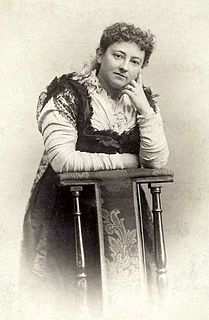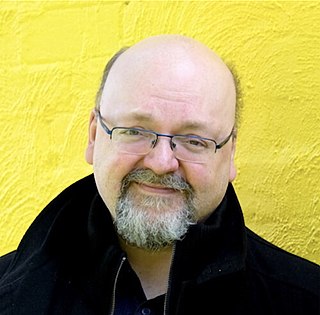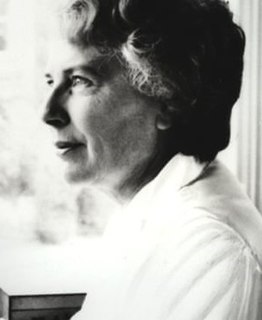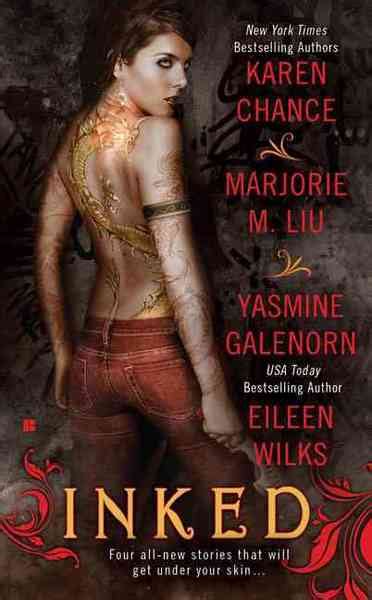A Quote by William Faulkner
Perhaps they were right putting love into books. Perhaps it could not live anywhere else.
Related Quotes
One's life is more formed, I sometimes think, by books than by human beings: it is out of books one learns about love and pain at second hand. Even if we have the happy chance to fall in love, it is because we have been conditioned by what we have read, and if I had never known love at all, perhaps it was because my father's library had not contained the right books.
Could truth perhaps be a woman who has reasons for not permitting her reasons to be seen? Could her name perhaps be--to speak Greek--Baubo?... Oh, those Greeks! They understood how to live: to do that it is necessary to stop bravely at the surface, the fold, the skin, to adore the appearance, to believe in forms, in tones, in words, in the whole Olympus of appearance! Those Greeks were superficial--out of profundity!
...Generally people don't recomend this type of book at all. It is far too interesting. Perhaps you have had other books recomended to you. Perhaps, even, you have been given books by friends, parents, teachers, then told that these books are the type you have to read. Those books are invariably described as "important"- which in my experience, pretty much means that they're boring. (words like meaningful and thoughtful are other good clues.)
Perhaps, after all, romance did not come into one’s life with pomp and blare, like a gay knight riding down; perhaps it crept to one’s side like an old friend through quiet ways; perhaps it revealed itself in seeming prose, until some sudden shaft of illumination flung athwart its pages betrayed the rhythm and the music, perhaps . . . perhaps . . . love unfolded naturally out of a beautiful friendship, as a golden-hearted rose slipping from its green sheath.






































